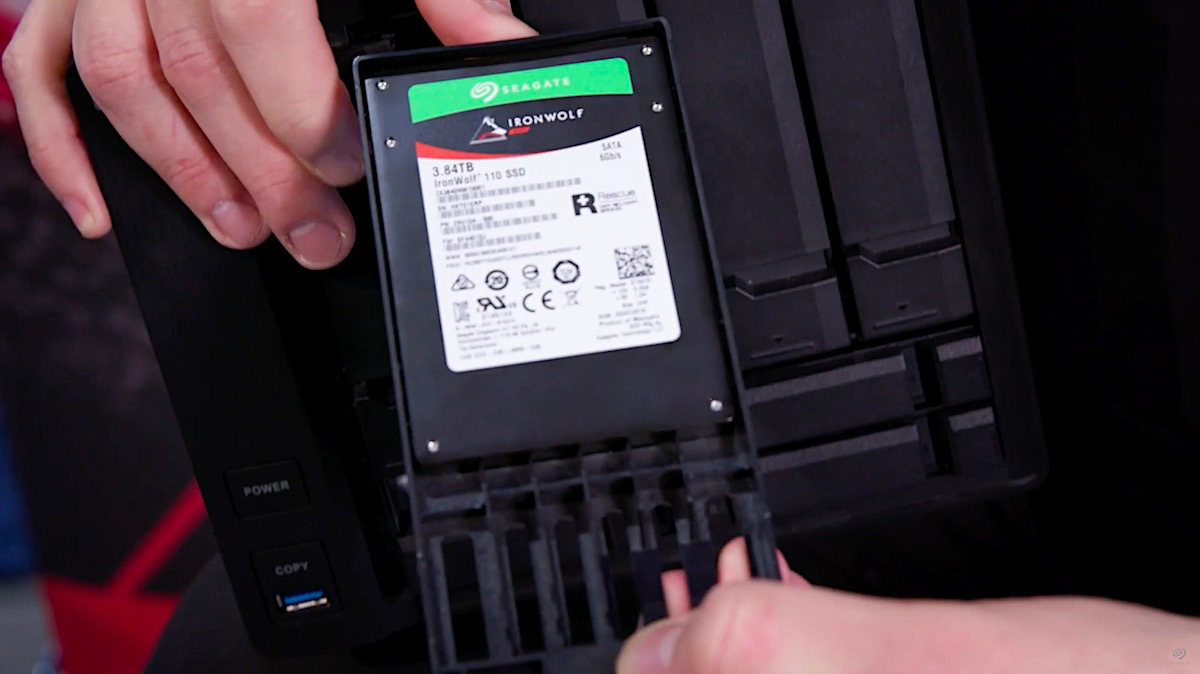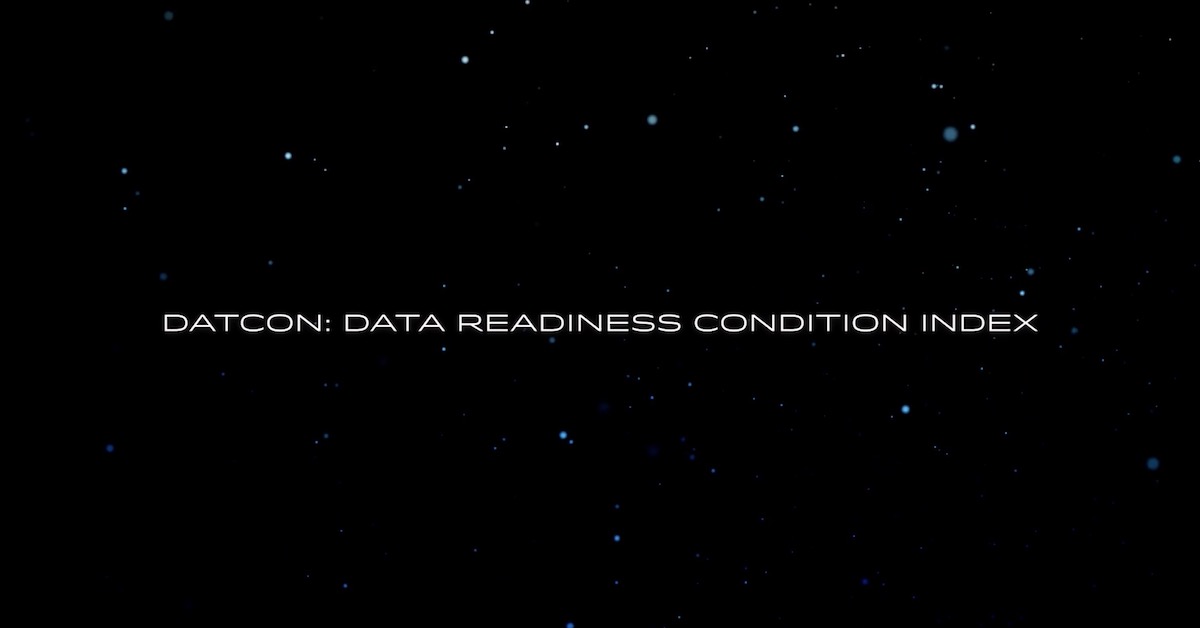 According to Gartner via @crunchgear, “Consumer SSDs To Cost $1 Per Gigabyte In 2012”
According to Gartner via @crunchgear, “Consumer SSDs To Cost $1 Per Gigabyte In 2012”
So hard drive companies like the one I work for must be freaking out…right? Not really.
Sure, at $1/GB, the cost of a 160GB consumer SSD drive ($160) would approach a price acceptable for most consumers – especially given the perceived performance and reliability benefits SSD offers. But the selling point for the everyday consumer is not going to be the performance story. Face it, the mainstream user does not crave the read/write performance of SSD. The only people I have heard yelling from the mountain top that SSD is awesome, and HDDs suck are select tech enthusiasts. Mainstream “everyday” users are not screaming the same thing. For the majority of them, they just want their systems to boot faster, last longer, and be easier to use. Hence the tablet craze, and I have beaten that horse enough in prior posts.
What falling SSD prices mean to me is that sure there will be some notebook HDD displacement, but not the massive movement to SSD some predict. The fact of the matter is, lower cost storage equals more adoption of storage, which will in turn mean that more people are using apps, creating content, etc. and storage use overall at all levels will increase. This is the silver lining, what no one seems to appreciate. Lower cost SSDs mean:
- More external storage – consumers continue to create and consume massive amounts of content. That is not going away and external drives may be the perfect compliment to lower capacity SSDs in notebooks.
- More cloud storage – Perhaps this will drive consumers to store more content online, and we all know the cloud is just one huge accumulation of enterprise class hard drives, and that’s doing nothing but growing in size and scope of services e.g. Google Music, Google YouTube Movies, Amazon Music, Apple iTunes…
- More Hybrid Storage? – Solid State Hybrid (SSHD) gets even better. With lower NAND flash prices and better data density, the more the NAND flash that fits on an HDD platform.
So far, Seagate is the only HDD manufacturer that has committed to SSHD technology. The question being, what are the plans to make it better? What is Seagate doing to address what mainstream consumers want: the fast boot, longer battery life, and ease of use? That is a story for another day, and believe me, that story is being written as we speak.
Let the fun begin…stay tuned.
Related Posts:
Funny Seagate Momentus XT Commercial
If tablets = snacking, then notebooks = mealtime
CRN’s Ten Biggest Storage Stories? … maybe SSD Hybrid was number 11
A tablet with a side of storage please
Momentus XT – what the experts are saying







[…] 3000TB hard drive?…it comes all down to chemistry What falling SSD prices mean for HDDs and SSHDs The death of the hard drive? C’mon people… Share and […]